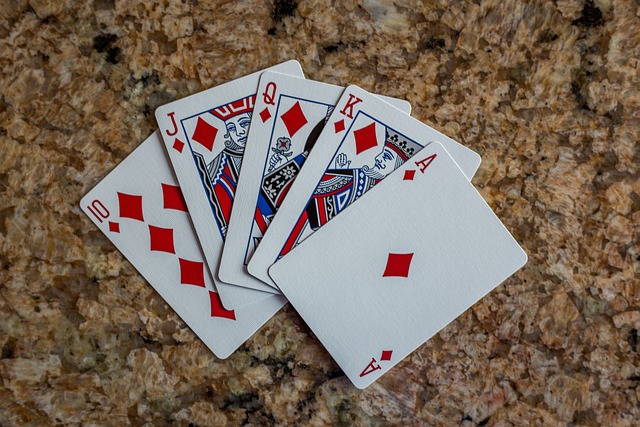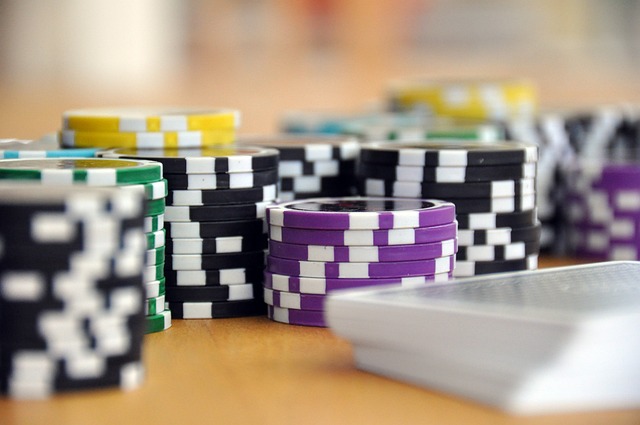At its core, gambling is a dance between risk and reward, an age-old pastime that elicits a myriad of emotions, from the thrill of victory to the despair of loss. Modern establishments, like Hellspin Casino, not only offer a plethora of gaming opportunities but also serve as windows into the intricate psychology of those who frequent their virtual halls. To grasp the allure of gambling fully, one must venture into the minds of the players, understanding their motivations, behaviors, and the underlying psychological processes at play.
1. The Lure of the Big Win:
One of the most potent motivators for gamblers is the allure of a life-changing win. This possibility, however minuscule, keeps players coming back, hoping that the next bet or spin will be their ticket to fortune.
2. Near-Miss Phenomenon:
Studies have shown that almost-wins, where players come close to a significant prize, can be as stimulating as actual wins. This near-miss effect, where outcomes are perceived to be closer than they truly are, can invigorate players to continue gambling, chasing that elusive victory.
3. Illusion of Control:
Games like poker or blackjack, which involve elements of skill, can give players an inflated sense of control over outcomes. This illusion, believing that one’s skill or strategy can influence an inherently random event, can be a powerful driving force behind continued play.
4. The Gambler’s Fallacy:
A classic cognitive distortion in gambling is the belief that past events can influence future outcomes. For instance, after a series of losses on a roulette table, a player might believe that a win is “due” soon, even though each spin is independent of the last.
5. Social Validation:

Casinos, both online like Hellspin Casino and offline, often have communal games or social features. Witnessing others win or receiving encouragement from peers can reinforce gambling behavior, making the activity more engaging and validating.
6. Escapism:
For many, gambling serves as an escape from daily stresses or mundane routines. The immersive environments of casinos, coupled with the highs and lows of the games, can provide a temporary refuge from the outside world.
7. Risk-Reward Systems in the Brain:
Neurologically, gambling activates the brain’s reward system, releasing dopamine—a neurotransmitter associated with pleasure and reward. This chemical response can lead to feelings of euphoria during wins and can contribute to the addictive nature of gambling for some.
8. Chasing Losses:

A dangerous behavioral pattern is when players try to recoup their losses by increasing their bets or playing for longer durations. This spiral can lead to significant financial and emotional distress.
9. Cognitive Dissonance:
Gamblers often experience cognitive dissonance when their actions (continuous gambling) conflict with their beliefs or perceptions (knowing the odds are against them). To reconcile this, they might downplay losses or exaggerate the level of skill involved.
10. Reinforcement Schedules:
Casinos and games are designed with varying reinforcement schedules. Intermittent rewards, where players cannot predict when the next win will come, can be particularly enticing, driving prolonged play.
In summary, the world of gambling is a fascinating intersection of psychology, behavior, and chance. While it offers entertainment and thrill for many, it’s essential to recognize and understand the psychological factors that influence play. Establishments like Hellspin Casino, in the midst of this intricate dance of risk and reward, play a pivotal role in ensuring that the realm of gambling remains a space of enjoyment, while promoting awareness and responsible play.
